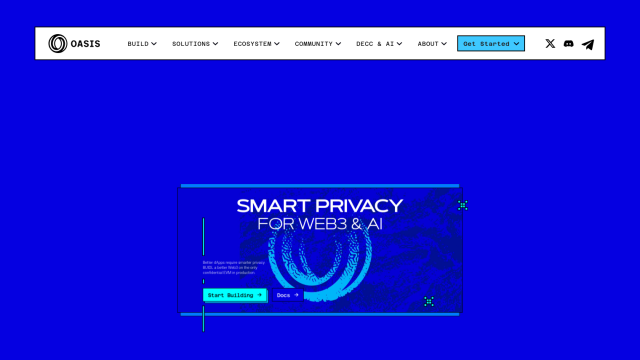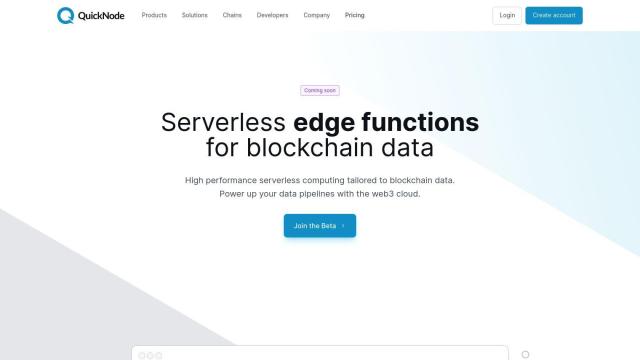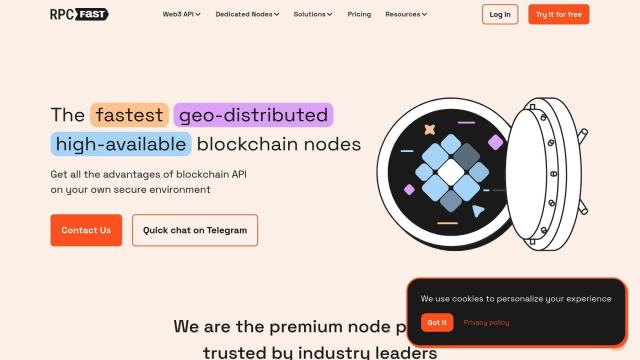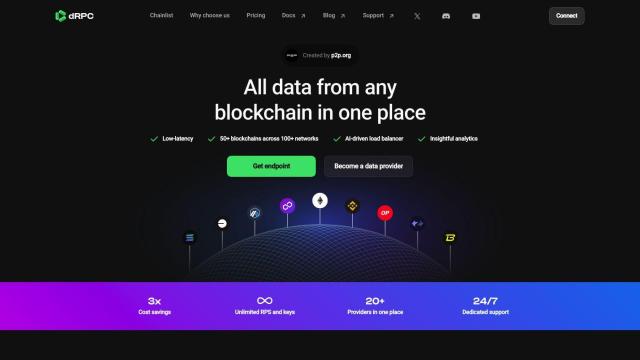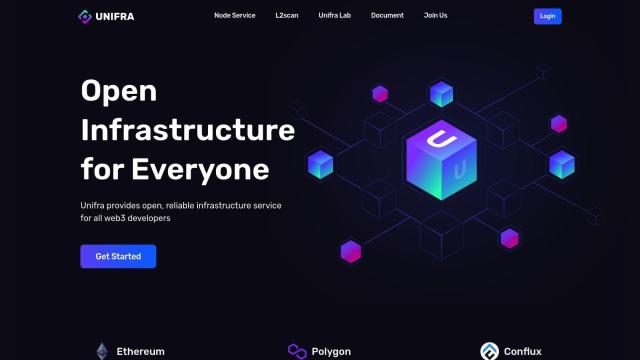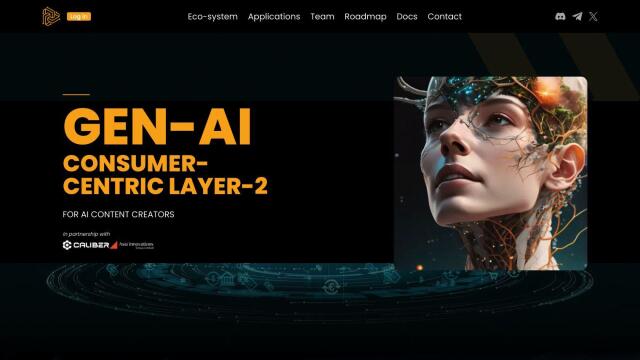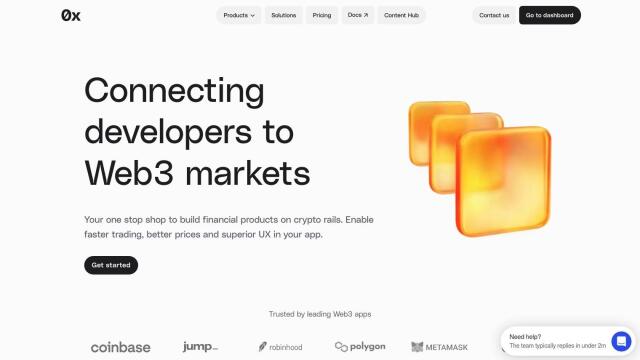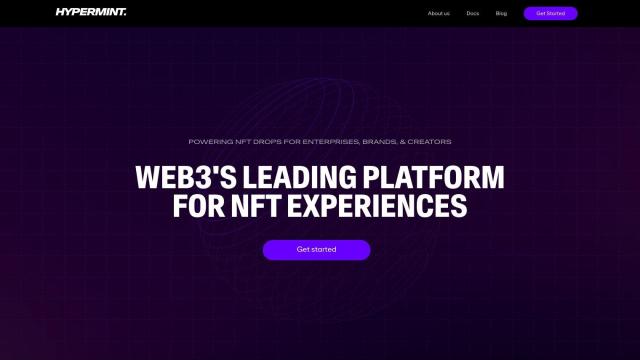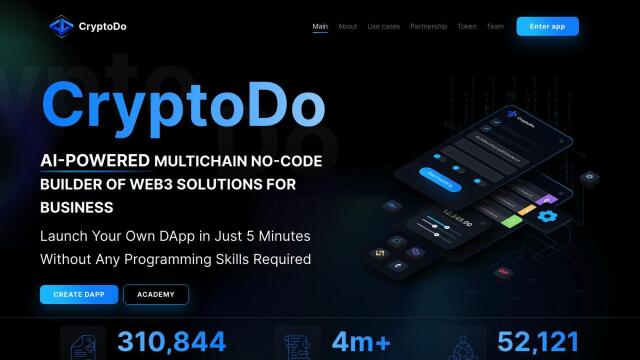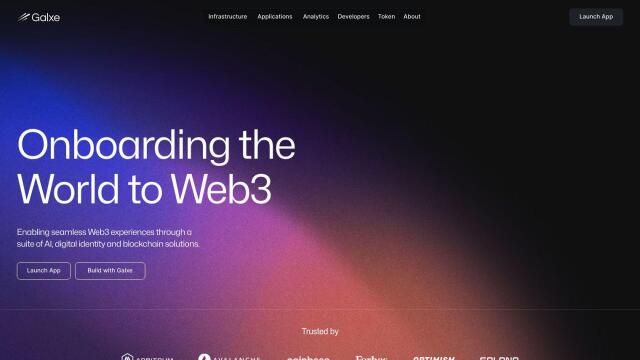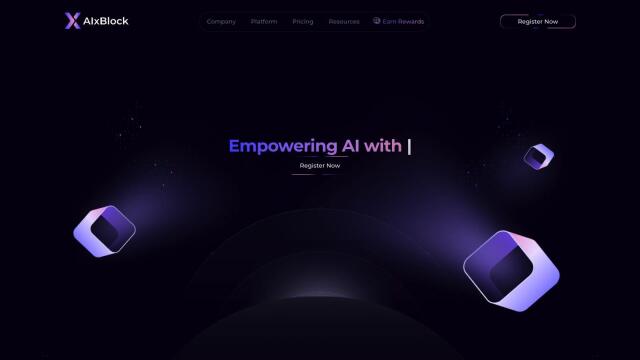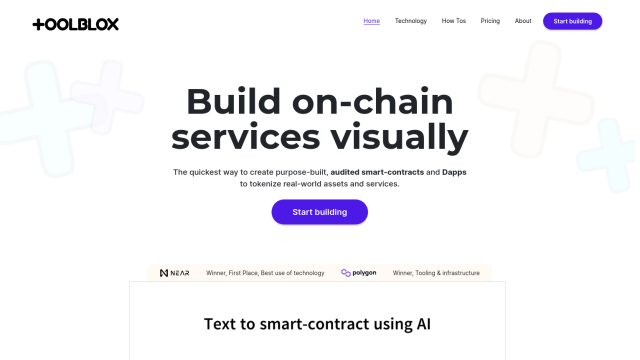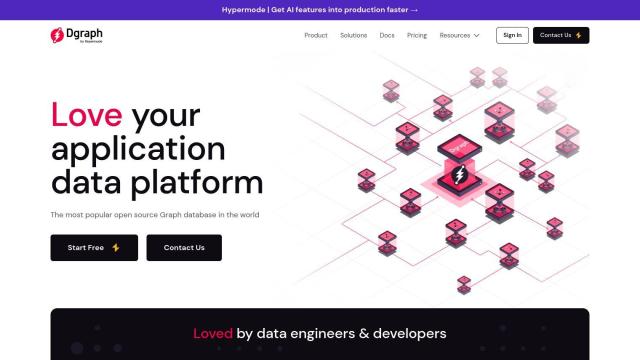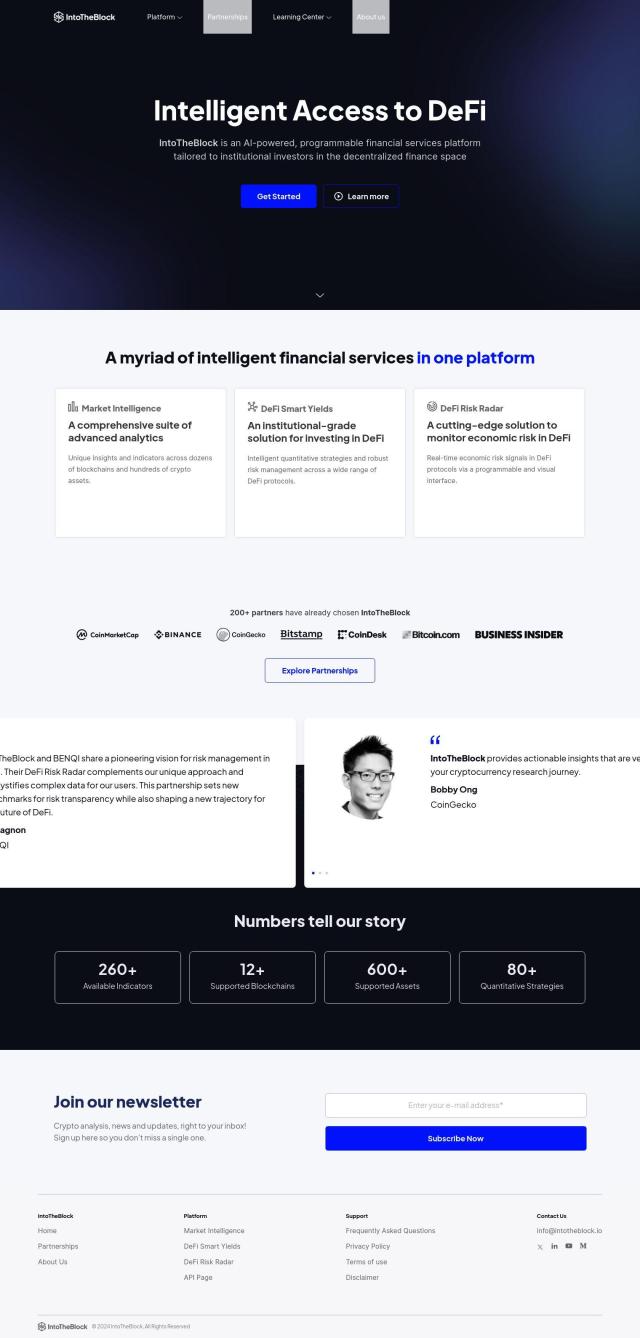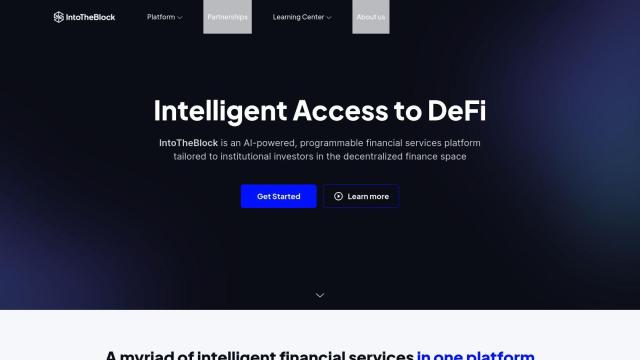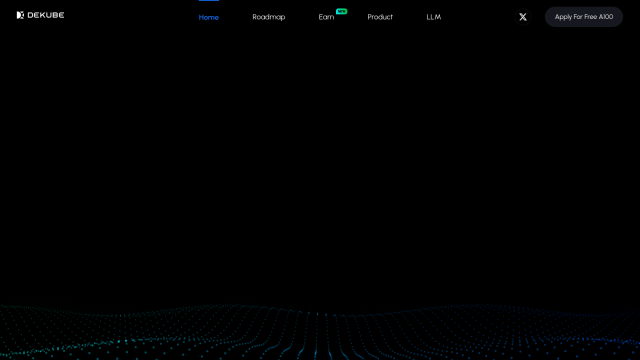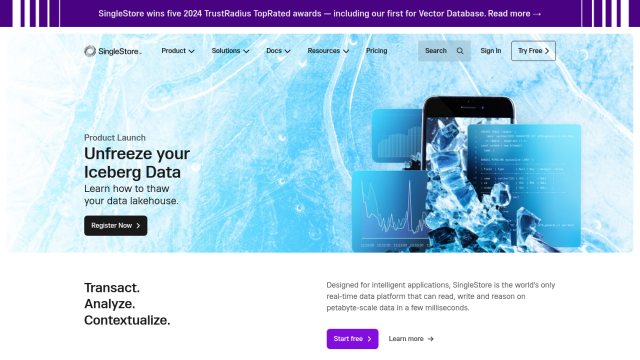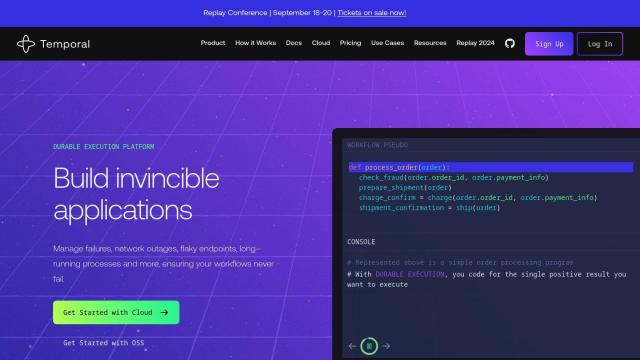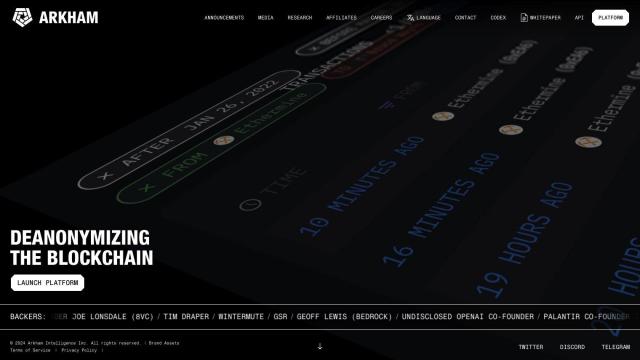Question: I'm looking for a blockchain platform that can handle high transaction volumes without compromising performance.

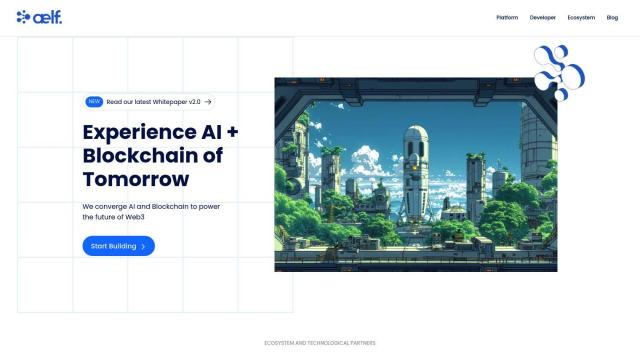
aelf
First up is aelf, a high-performance Layer 1 AI blockchain that's geared for scalable infrastructure and cross-chain operations. It's got a multi-sidechain architecture and AI-boosted processing for parallel processing and a transaction rate of up to 35,000 per second per side-chain. It's also got smart indexing, peer-to-peer messaging-based validation with Delegated Proof-of-Stake (DPoS) and democratic governance with decentralized DAO governance and node election with rewards.

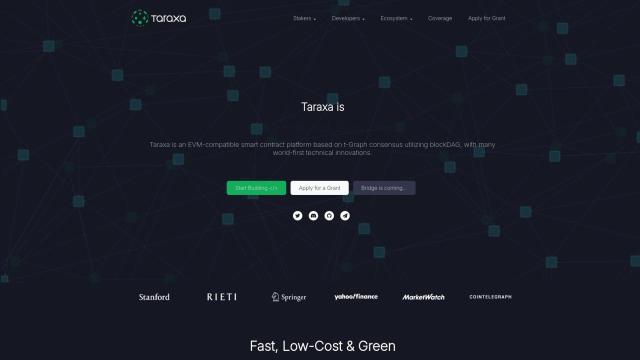
Taraxa
Another contender is Taraxa, which uses t-Graph consensus and blockDAG technology for fast, cheap and highly secure transactions. Taraxa can handle a rate of up to 5,000 transactions per second and has nearly instantaneous transaction confirmation on the blockchain. It's got EVM compatibility for easy deployment of Ethereum dApps and a range of developer tools and services, including a testnet faucet and wallet integrations.


Internet Computer
Last is Internet Computer, which takes a different approach to blockchain-based solutions by offering full-stack decentralization. It's got high-performance smart contracts, low costs and a scalable multi-subnet architecture. It's designed to be developer-friendly, with support for multiple programming languages, and has playground environments and detailed documentation to help you get started. It's a good choice for building scalable and efficient decentralized applications.

